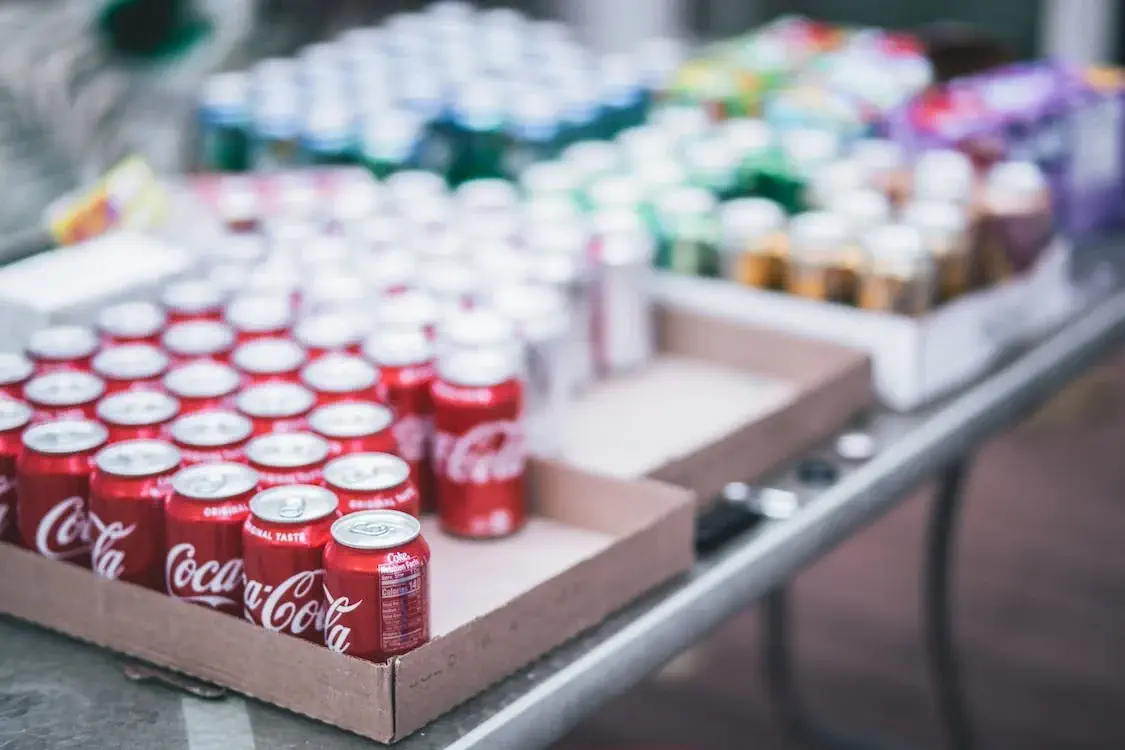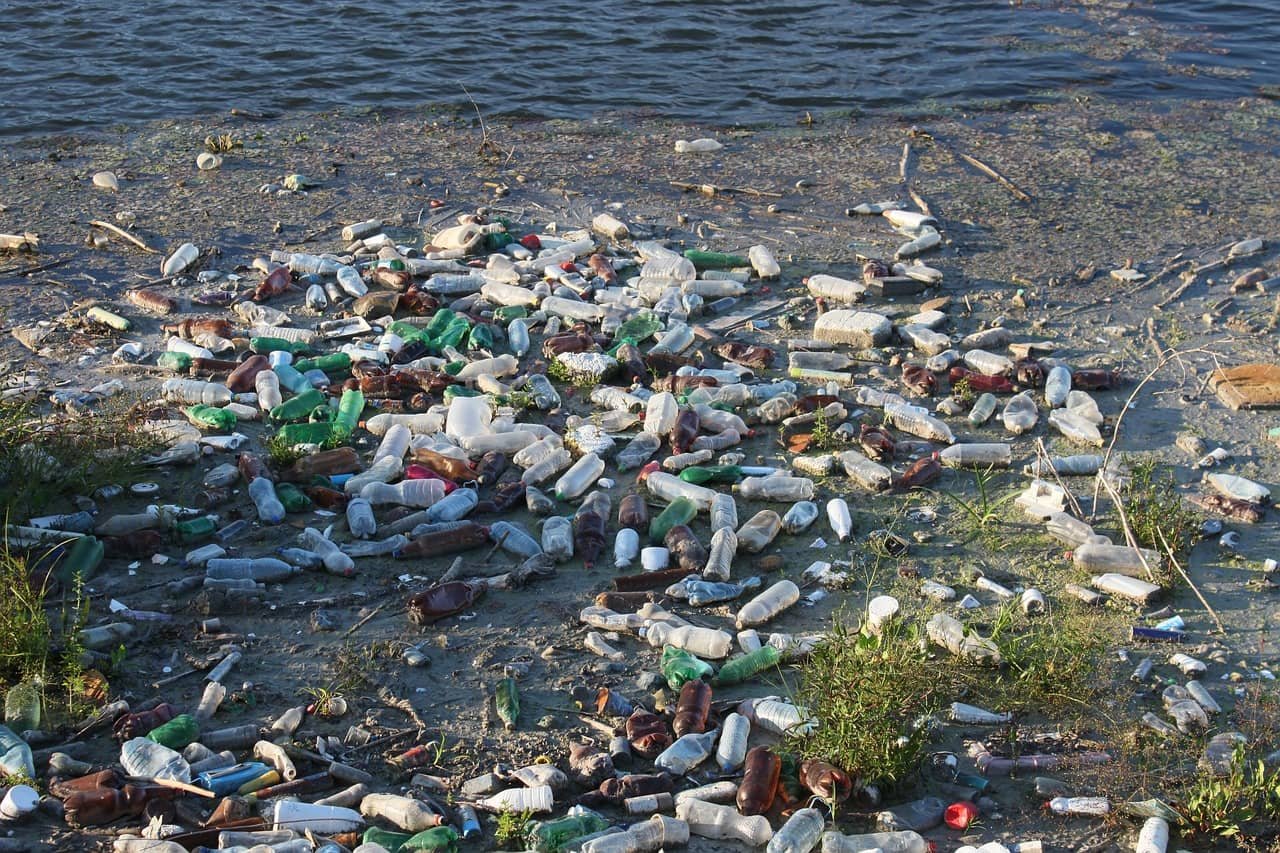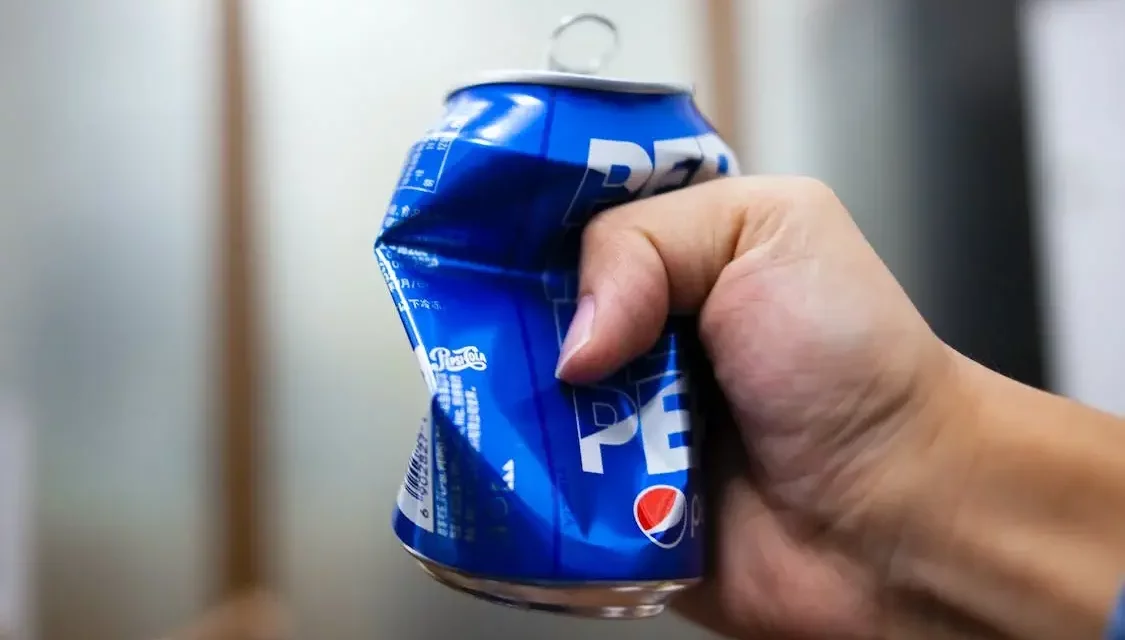In a recent annual audit, Coca-Cola, McDonald’s, and PepsiCo have emerged as the biggest packaging polluters in the UK, according to campaign group Surfers Against Sewage.
The shocking findings revealed the extent of branded pollution along coastlines, city streets, and other areas surveyed by over 4,000 citizen scientists, who collectively collected more than 30,700 polluting items over a year-long period up to June 5, 2023.
The audit highlighted that a total of 12 companies were responsible for a staggering 70% of branded pollution accumulated during the survey.
For the fourth consecutive year, Coca-Cola topped the list, accounting for nearly a fifth (17%) of branded plastic pollution.
Despite Coca-Cola’s efforts to tackle plastic pollution, such as introducing attached caps across all their brands in May 2022, their contribution to the environmental crisis remains significant.

McDonald’s followed closely behind, accounting for 11% of the identified polluting items, overtaking PepsiCo, which secured the third position.
Collectively, these three major companies were accountable for 37% of all branded pollution, marking a slight decrease from the previous year’s audit.
The list of top polluters also included prominent names like Tesco, Haribo, Nestlé, Heineken, Mars, Carlsberg, and Red Bull.
Izzy Ross, campaign manager at Surfers Against Sewage, expressed her concern over the consistent role played by these companies in contributing to “disgusting amounts of plastic pollution” on beaches, in cities, and throughout the countryside.
Ross emphasized the need to hold them accountable for their actions.
To combat this pressing issue, Surfers Against Sewage is urging companies to take full responsibility for the entire life cycle of their products by reducing packaging and adopting circular business models.
Additionally, the charity is calling on the UK government to implement an “all-in” deposit return scheme (DRS) for drinks of all sizes and materials.
However, plans for a DRS, excluding glass, have been delayed until 2025 in England, Wales, and Northern Ireland, along with the long-planned Scottish scheme.

Izzy Ross reaffirmed the effectiveness of DRS schemes in other countries and urged the UK government to embrace this proven solution.
Responding to the audit, a Coca-Cola spokesperson reaffirmed the company’s commitment to encouraging recycling and supporting initiatives aimed at reducing litter.
The spokesperson emphasized that all Coca-Cola bottles in the UK are recyclable, with smaller packs being made from 100% recycled plastic, except for the cap and label.
Similarly, a spokesperson from McDonald’s stated that over 90% of their packaging originates from recycled or renewable sources and can be recycled, while actively encouraging responsible disposal by their customers.
PepsiCo UK also acknowledged the litter problem on beaches and pledged to play a significant role in addressing this challenge.
They emphasized their ongoing efforts to reduce plastic usage across their portfolio and their goal to eliminate virgin fossil-based plastics from all their crisp and snack bags in Europe by 2030.
As the UK faces mounting concerns over plastic pollution, these revelations call for increased accountability and immediate actions to protect the environment and preserve the beauty of its natural spaces.










